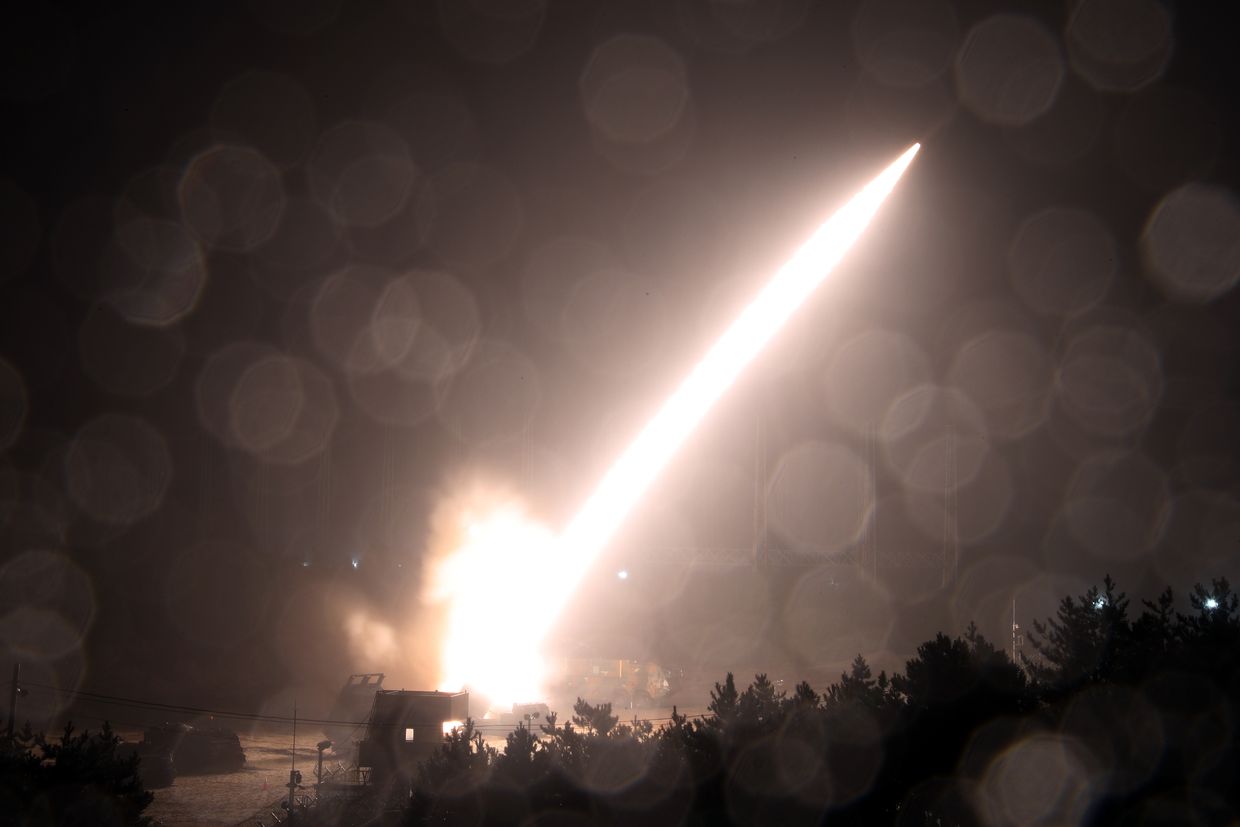No changes in US policy on long-range strikes into Russia expected, White House says.
The U.S. is not planning to change its policy regarding Ukraine's use of Western weapons to carry out long-range strikes into Russia, National Security Council spokesperson John Kirby told reporters on Sept.
13. "There is no change to our view on the provision of long-range strike capabilities for Ukraine to use inside of Russia," Kirby said. "I would not expect any major announcement in that regard," he said, referencing speculation that such a decision would be announced following meetings between President Joe Biden and U.K.
Prime Minister Keir Starmer in Washington. While Western countries eased restrictions on the use of certain arms just across the border after a Russian offensive in Kharkiv Oblast in May, limits on long-range strikes deep inside Russia remained in place. At the same time, there have been growing reports that the U.K. may amend its position regarding the use of its Storm Shadow missiles for long-range strikes.
The Guardian reported on Sept.
11, citing unnamed U.K. officials, that such a decision had already been made ahead of a joint trip by U.S. Secretary of State Antony Blinken and U.K. Foreign Secretary David Lammy to Kyiv.
Other countries, such as Sweden, Finland, and Canada, have come out in recent days to say they fully support Ukraine using Western-supplied weapons to hit deep into Russia. Russian President Vladimir Putin and other Russian officials have upped their saber-rattling in response, claiming that the move would mean NATO is directly at war with Russia. Kirby said that the U.S. was taking the threats seriously but added that "this is not rhetoric that we haven't heard from (Putin) before."
The long-range missiles Ukraine could soon be firing deep into Russia
The U.S. and U.K. may be on the verge of what could be a hugely significant move regarding the war in Ukraine, with reports suggesting both countries might soon allow Kyiv to use their long-range weapons to strike targets deep in Russian territory.
U.S.
President Joe Biden
